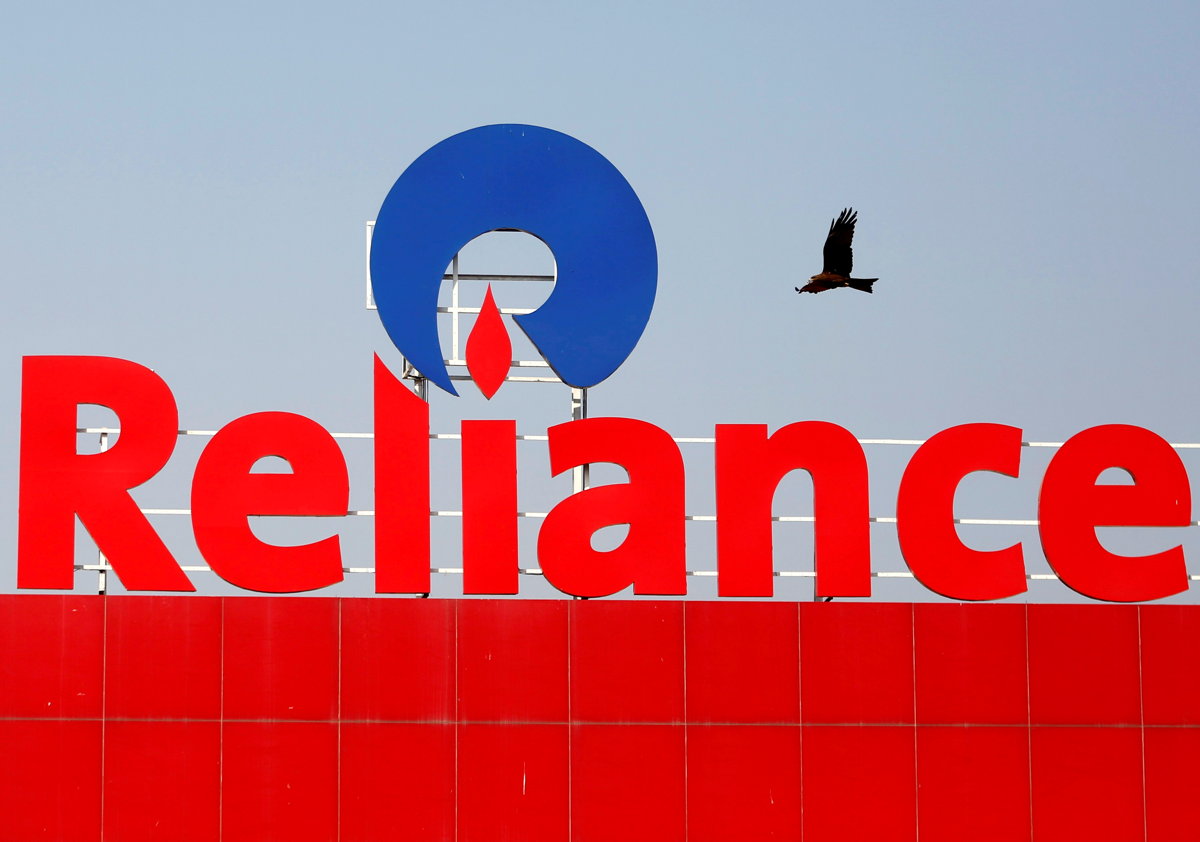Concerns Arise Regarding Reliance Retail Buyback Offer

Concerns Arise Regarding Reliance Retail Buyback Offer
Shriram Subramanian, the founder, and MD of InGovern Research Services, expressed concerns about the buyback proposal of Reliance Industries (RIL) for shares of Reliance Retail (RRL). While the buyback is considered legal, some stakeholders believe that it is a “forced buyout” that could disappoint minority shareholders of RRL.
According to Subramanian, the buyback price offered by Reliance Retail Ventures (RRVL) is lower than the current trading prices in the grey market, leading to disappointment among minority shareholders. The concerns raised by stakeholders highlight the need for careful consideration of the buyback terms and the impact on minority shareholders.

Companies need to ensure transparency and fairness in buyback processes to maintain the trust and confidence of their shareholders.
The grey market price of Reliance Retail (RRL) is reportedly around Rs 2,700, whereas Reliance Industries (RIL) has proposed a buyback at Rs 1,362 per share. The buyback is aimed at reducing RIL’s share capital and is intended for shareholders other than promoters and the holding company. However, the proposed buyback price is significantly lower than the grey market price, which has led to concerns among some stakeholders.
The buyback proposal will require approvals from shareholders, which will be sought through a special resolution, as well as from the National Company Law Tribunal. The outcome of the buyback will depend on the response from shareholders and the regulatory approvals obtained.

The buyback price of Rs 1,362 per share proposed by Reliance Industries (RIL) for Reliance Retail Ventures Limited (RRVL) was determined with the help of independent valuers, E&Y, and BDO Valuation Advisory. The valuers assessed the fair value of the shares at Rs 884.03 and Rs 849.08 per share, respectively, resulting in a premium of Rs 477.97 and Rs 512.92 per share.
Currently, RIL holds an 85.06% stake in RRVL, which in turn owns 99.93% of Reliance Retail (RRL). The remaining 7.86 million shares of RRL are held by minority shareholders. The buyback offer is aimed at purchasing shares from these minority shareholders, to reduce the overall share capital of RIL.
The capital reduction exercise proposed by Reliance Industries (RIL) to buy back shares from minority shareholders is expected to proceed smoothly. While such moves are not commonly seen among large corporates, smaller firms have implemented similar measures during delisting processes to enable promoters to achieve 100% ownership, according to Shriram Subramanian, founder, and MD of InGovern Research Services.

Capital reduction exercises can be undertaken by companies to streamline their shareholding structure, enhance promoter control, or optimize capital utilization. In this case, RIL’s proposal aims to reduce its share capital by buying back shares from minority shareholders of Reliance Retail Ventures Limited (RRVL). While such exercises can face scrutiny and require regulatory approvals, they can be a legitimate means for companies to restructure their ownership and align with their strategic goals.
The shareholders who acquired shares of Reliance Retail Ventures Limited (RRVL) from the grey market or through employee stock options will be obliged to accept the buyback offer made by Reliance Industries Limited (RIL). The shares, which were trading at a price range of Rs 2,500 to Rs 2,700 in the unlisted market, will be extinguished by RIL upon completion of the buyback.
In the case of RIL’s buyback proposal, shareholders who acquired shares in the grey market or through employee stock options will have limited options as they would be required to accept the offer at the specified buyback price. Once the buyback is completed, the shares will be canceled or extinguished by RIL, resulting in a reduction of the company’s total outstanding shares.

According to MS Sahoo, a distinguished professor at National Law University and former chairperson of the Insolvency and Bankruptcy Board of India, the buyback of shares or capital reduction is a common business strategy, and there are established legal processes in place to ensure transparency and protection of shareholders’ interests. In the case of Reliance Retail, being an unlisted company, the valuation norms under the company law would apply, rather than the norms prescribed by the Securities and Exchange Board of India (SEBI) for listed companies.
The process for buyback or capital reduction typically involves obtaining approval from the shareholders through a special resolution, followed by the approval of the National Company Law Tribunal (NCLT). These checks and balances ensure that the interests of shareholders are safeguarded and that the process is conducted fairly and transparently. The valuation of shares is an important aspect of the process, and it needs to adhere to the applicable norms and regulations under the company law.
MS Sahoo explains that in the case of an unlisted firm like Reliance Retail, where the majority of shares are held by promoters, the chances of retail shareholders objecting to the buyback are unlikely. This is because the shares of non-promoters are typically traded in the grey market, which lacks transparency and liquidity. Additionally, the proposed exit price for these shareholders is higher than the minimum required by law, which further reduces the likelihood of resistance.

However, Sahoo points out that a buyback can reduce the buffer available to creditors, which may raise concerns if the company has outstanding debt. Generally, a buyback is not permitted in such cases unless the creditors agree to the transaction or their interests are adequately protected and secured. This ensures that the buyback does not compromise the rights and interests of the company’s creditors.




